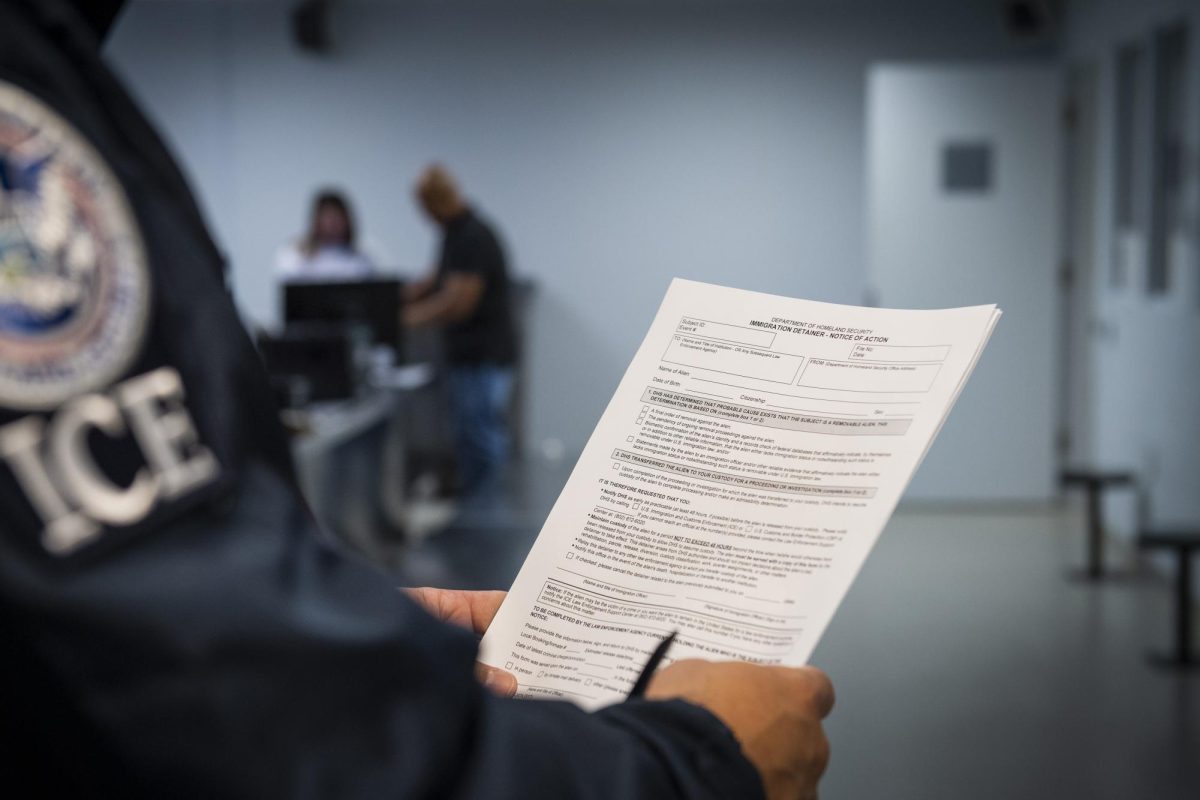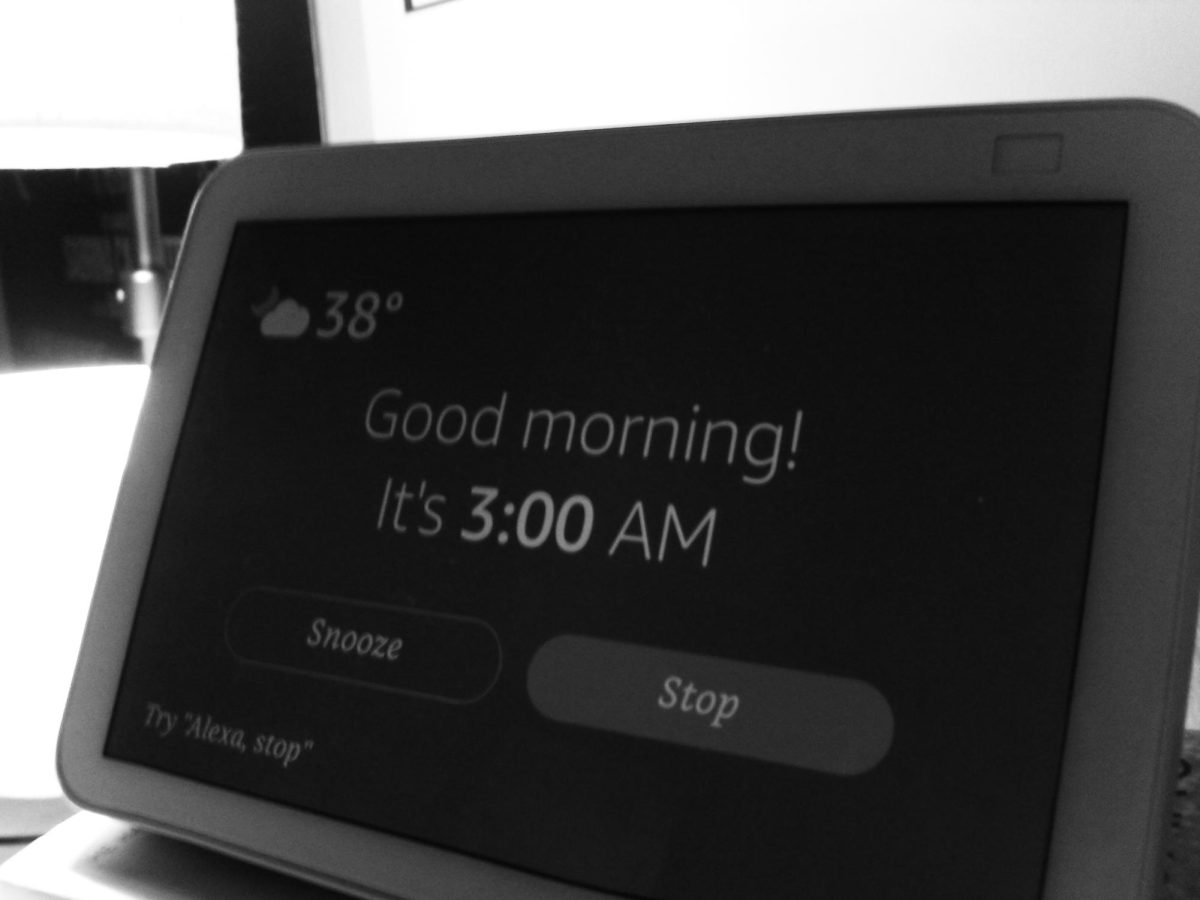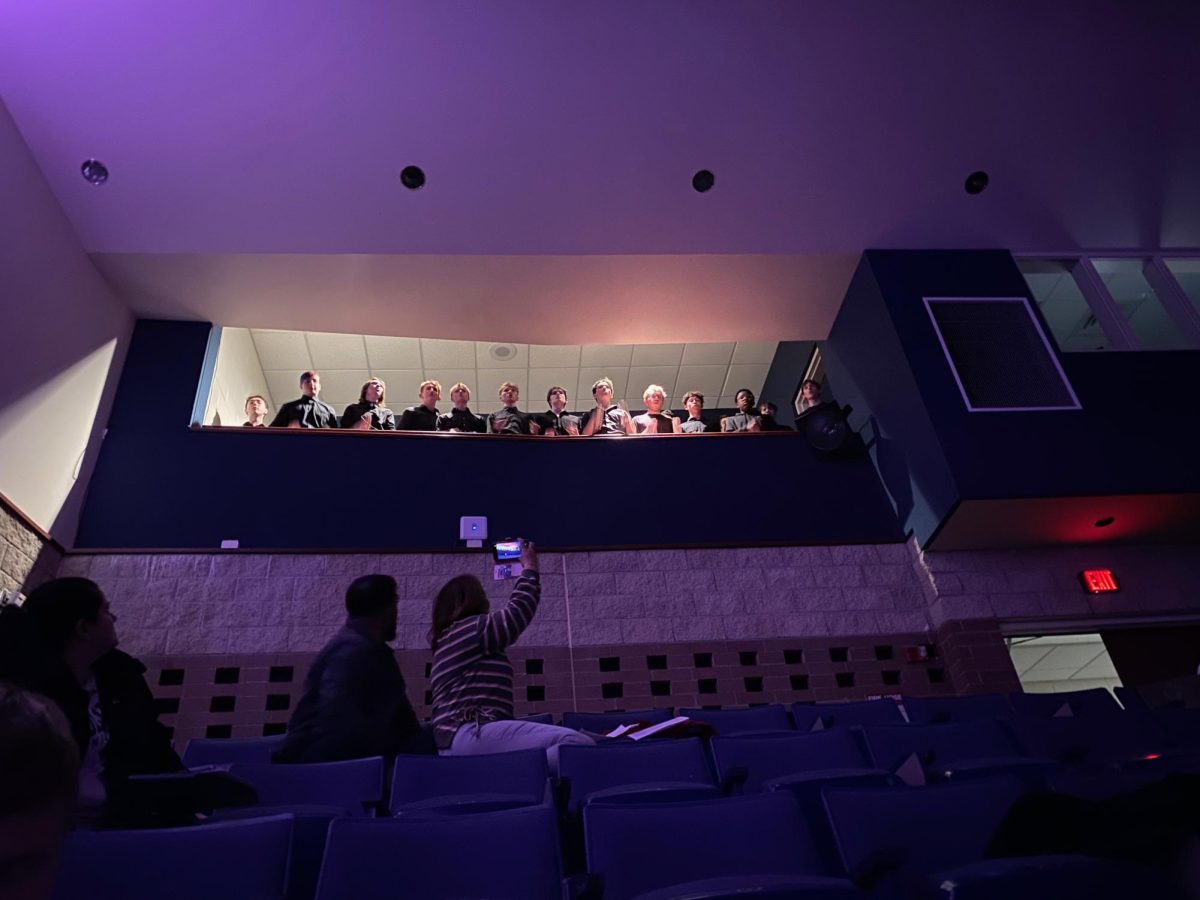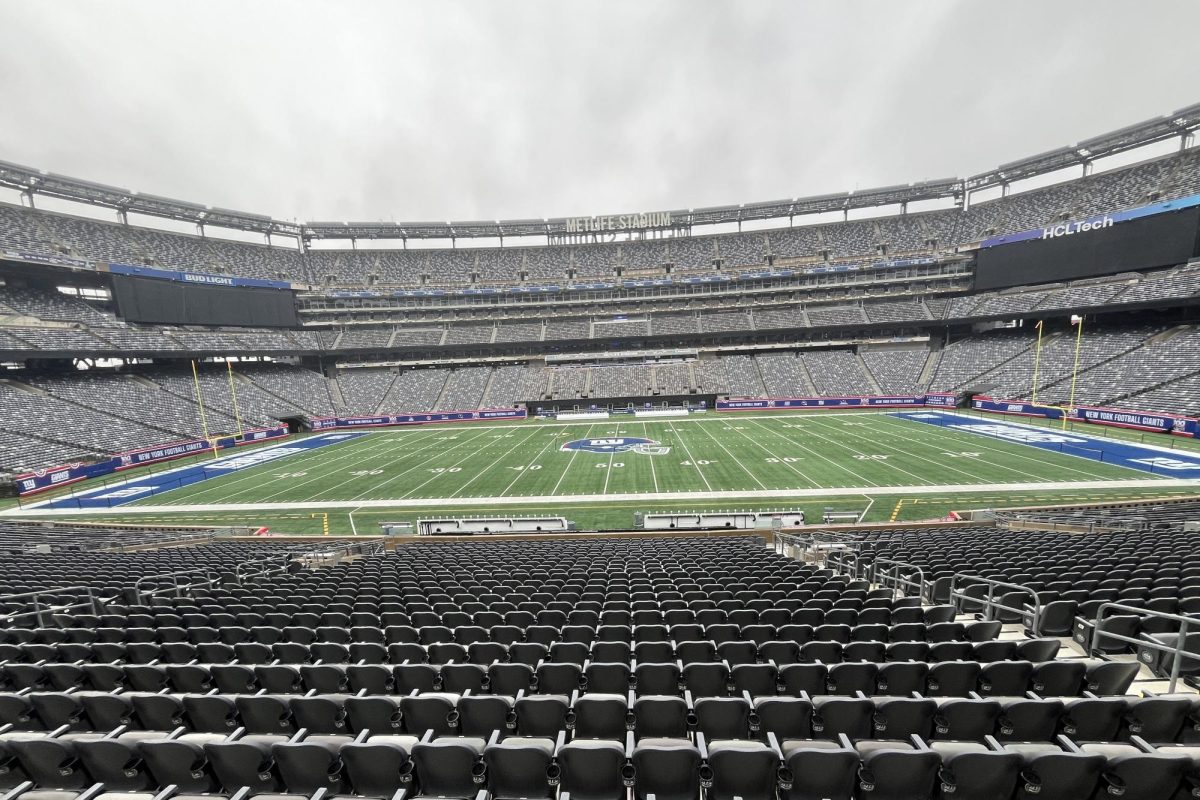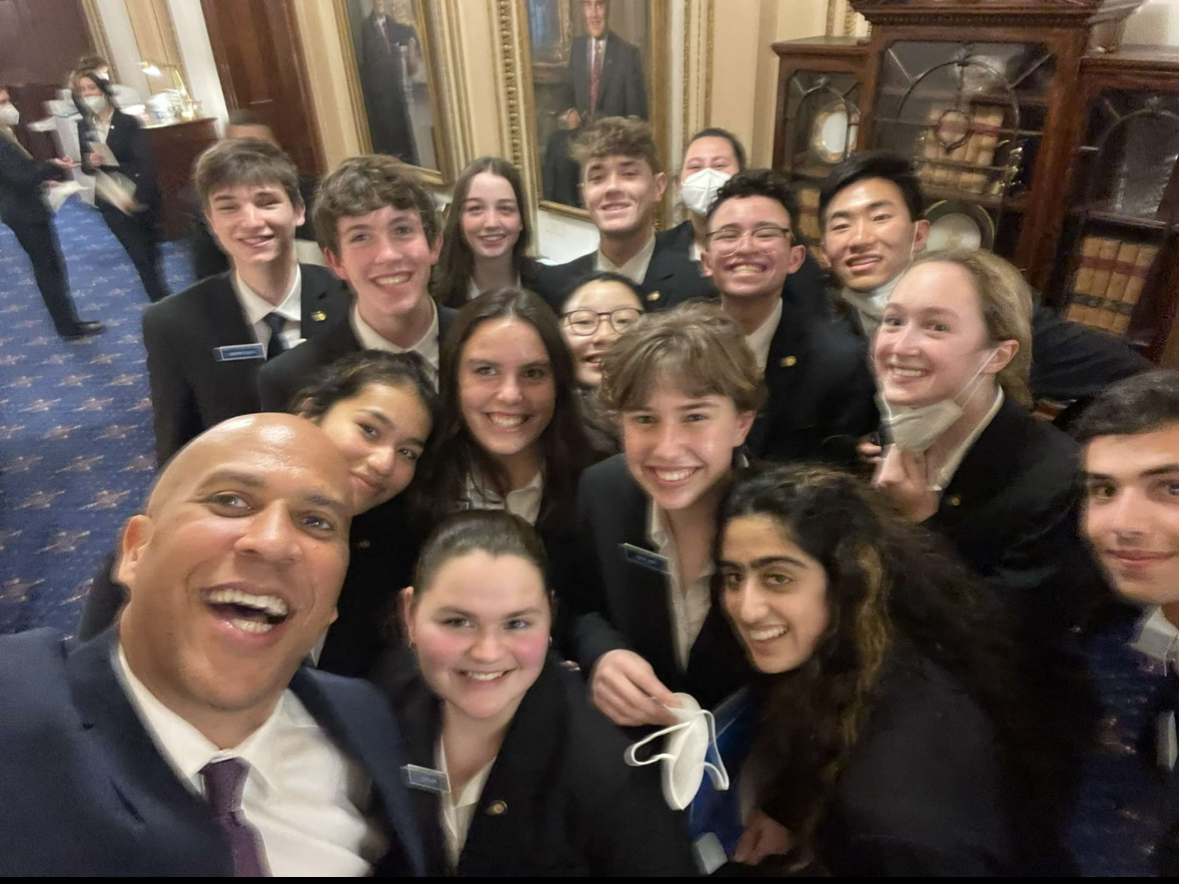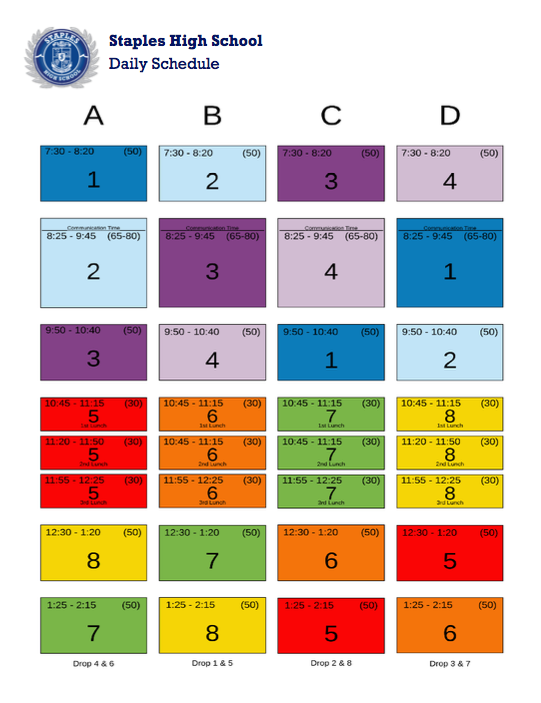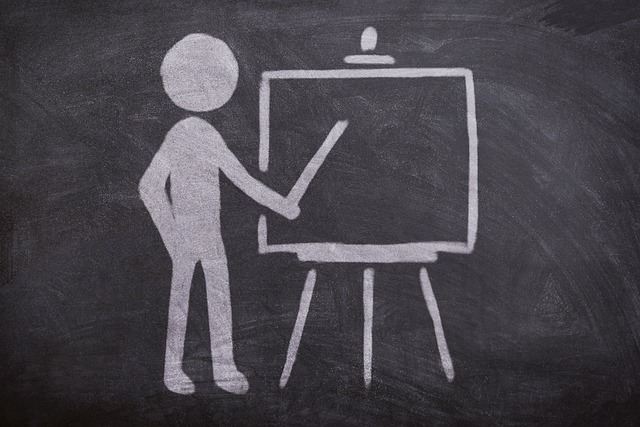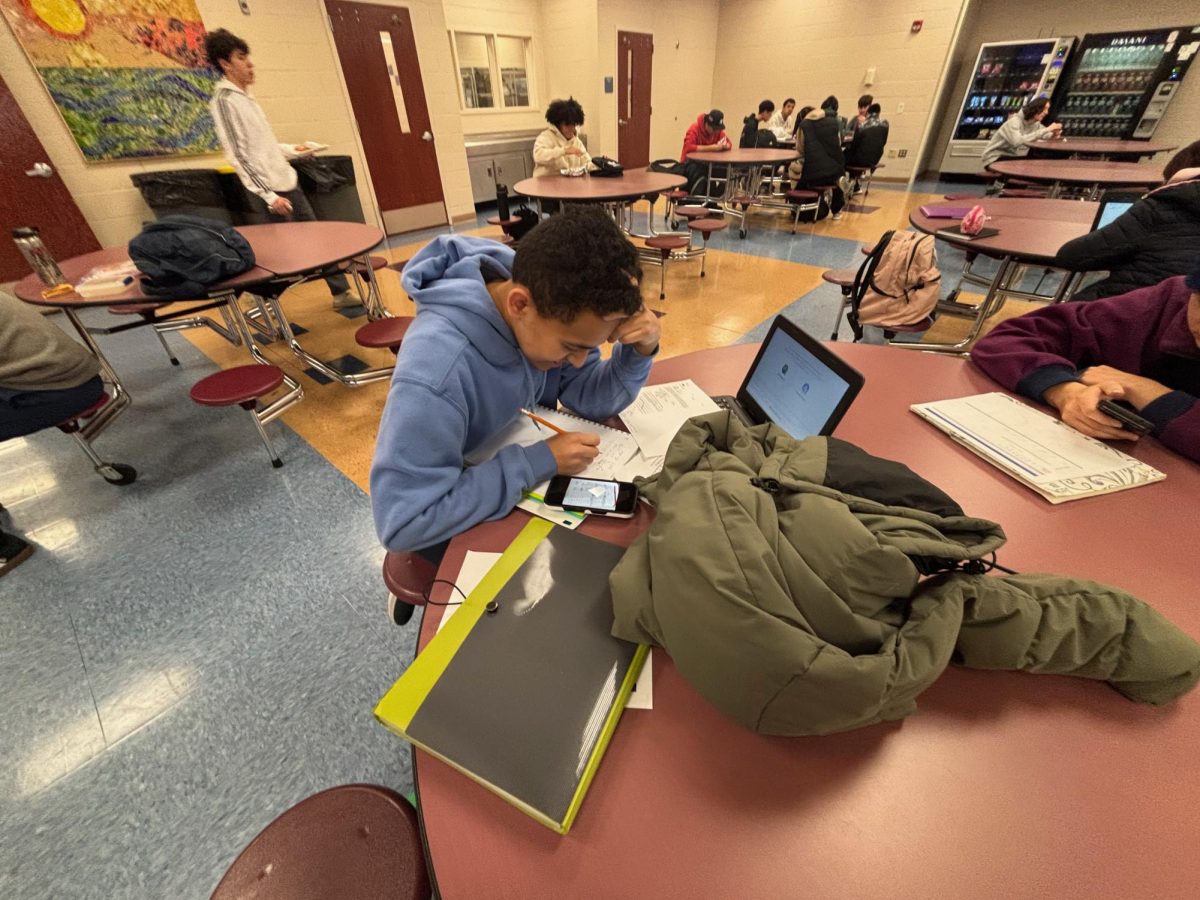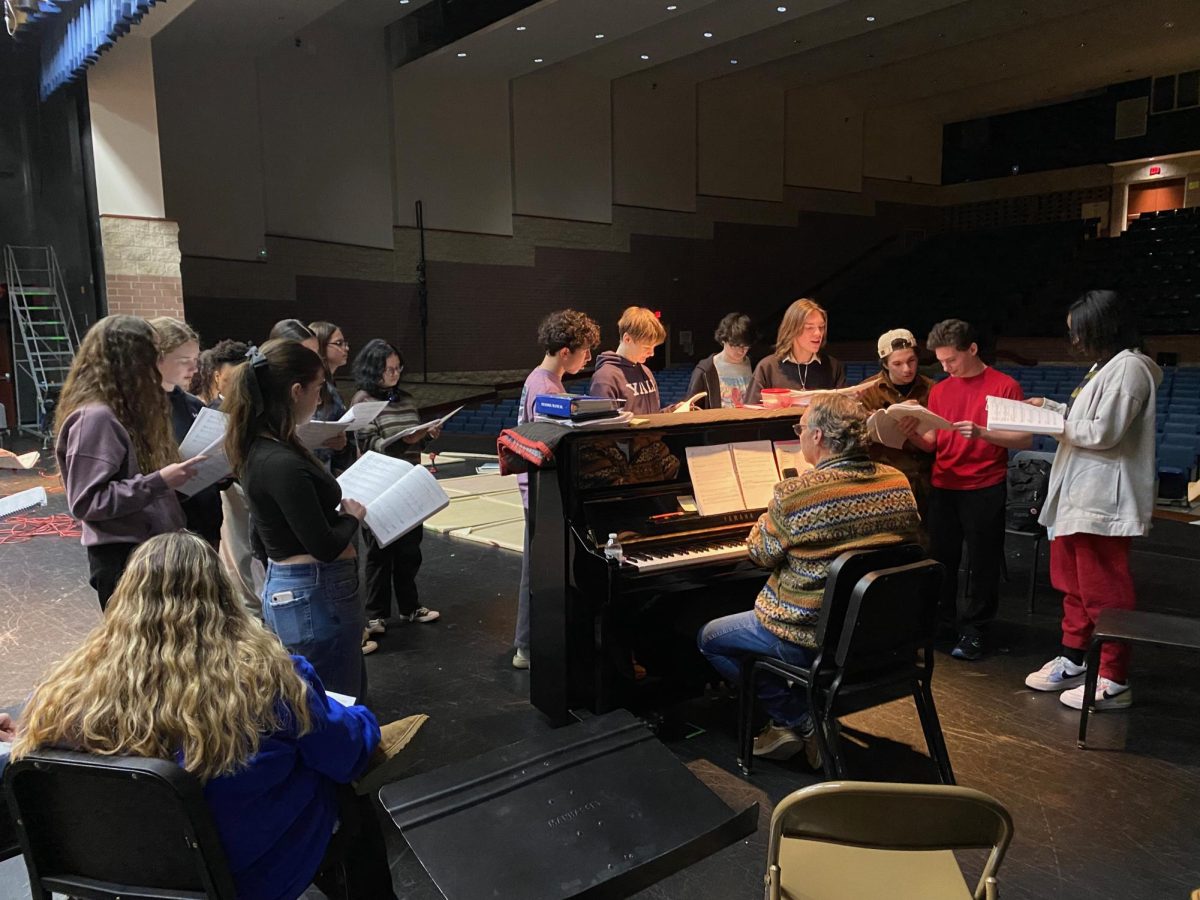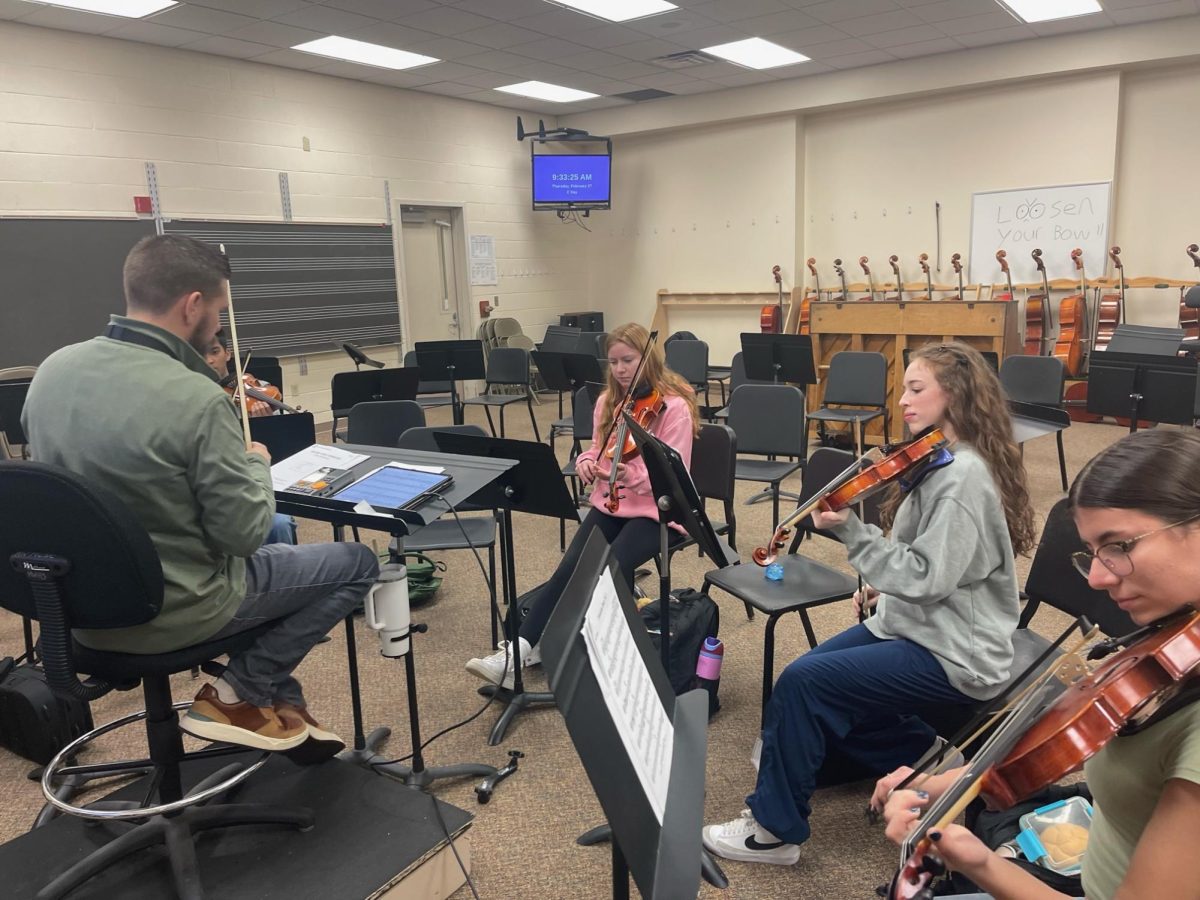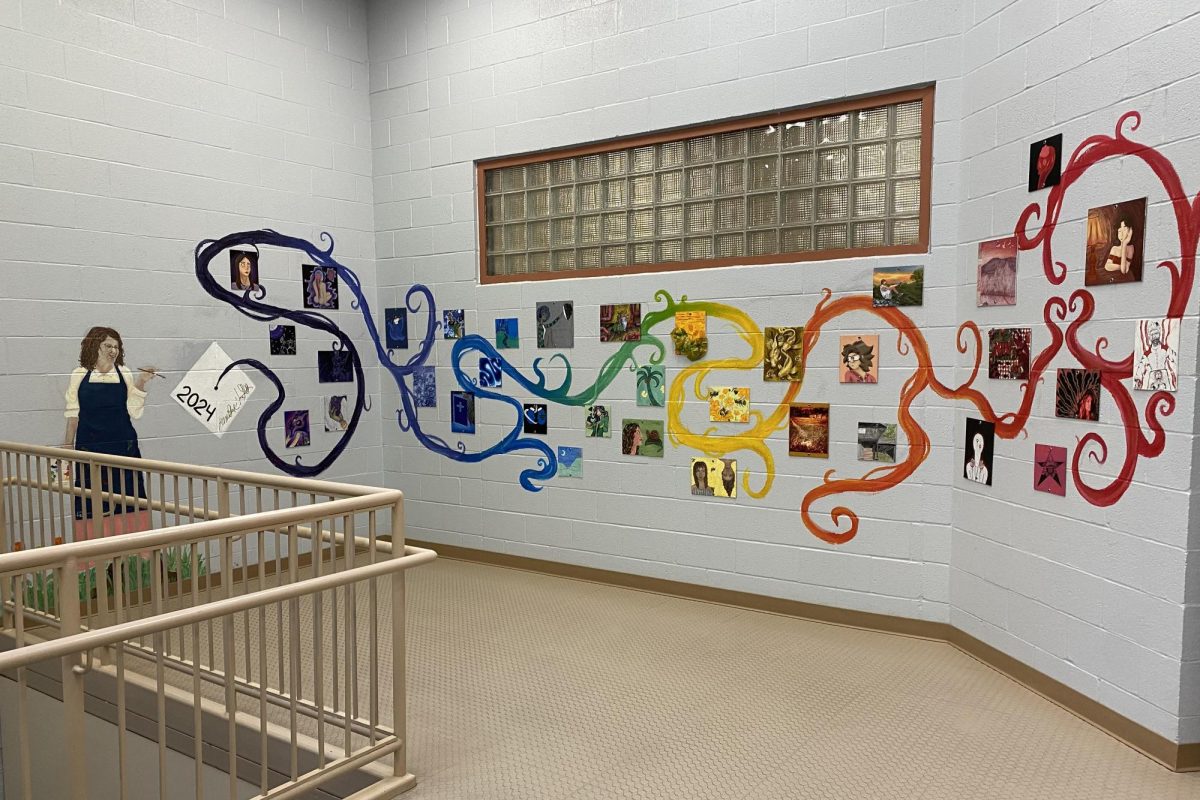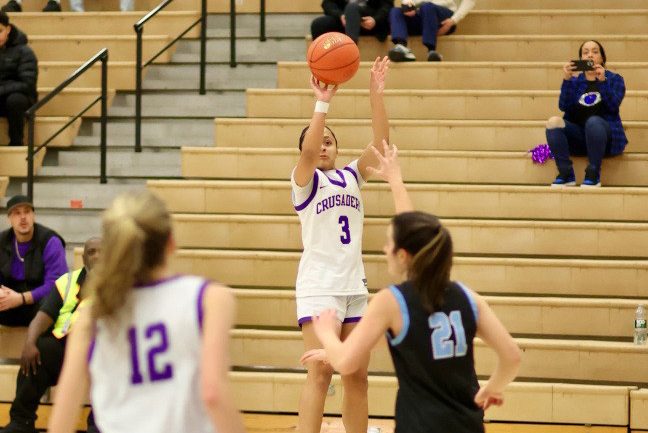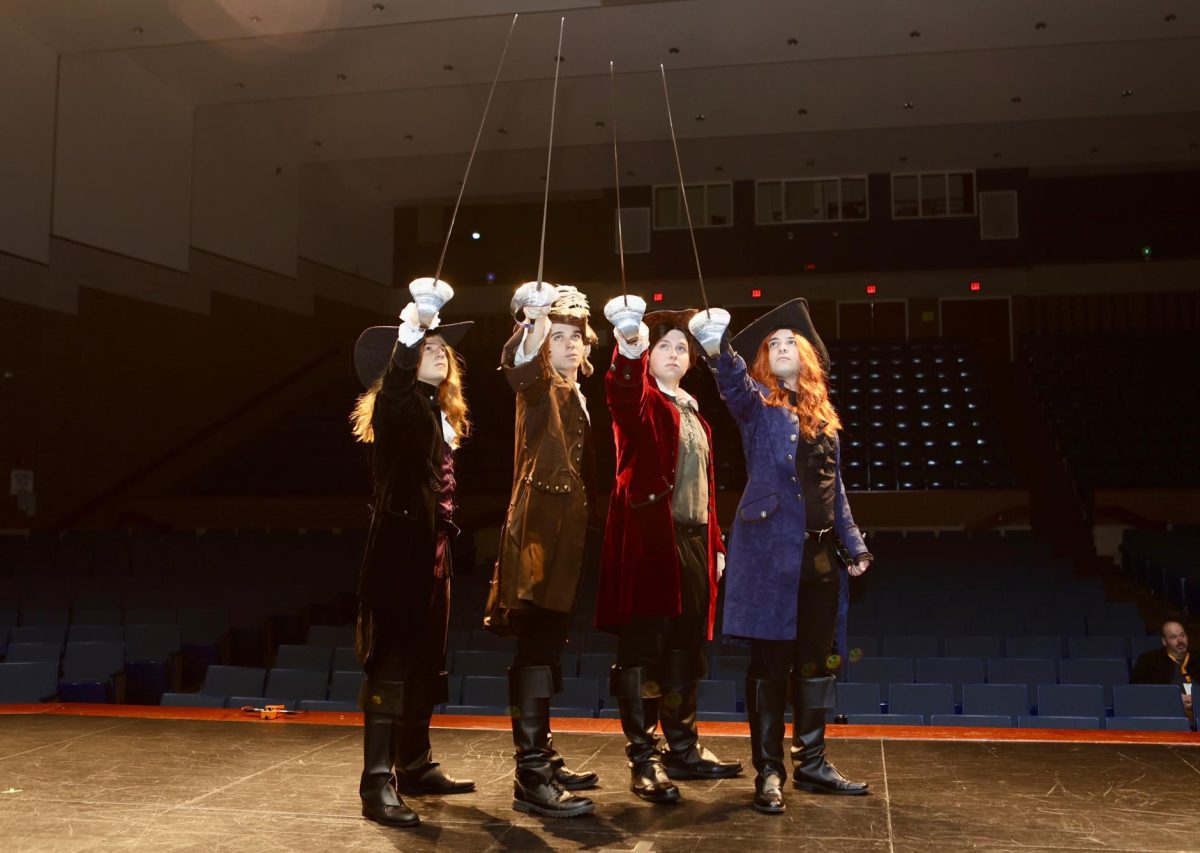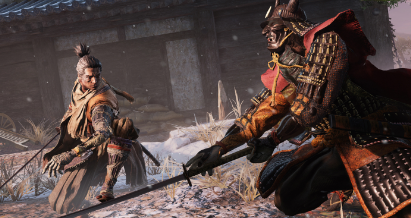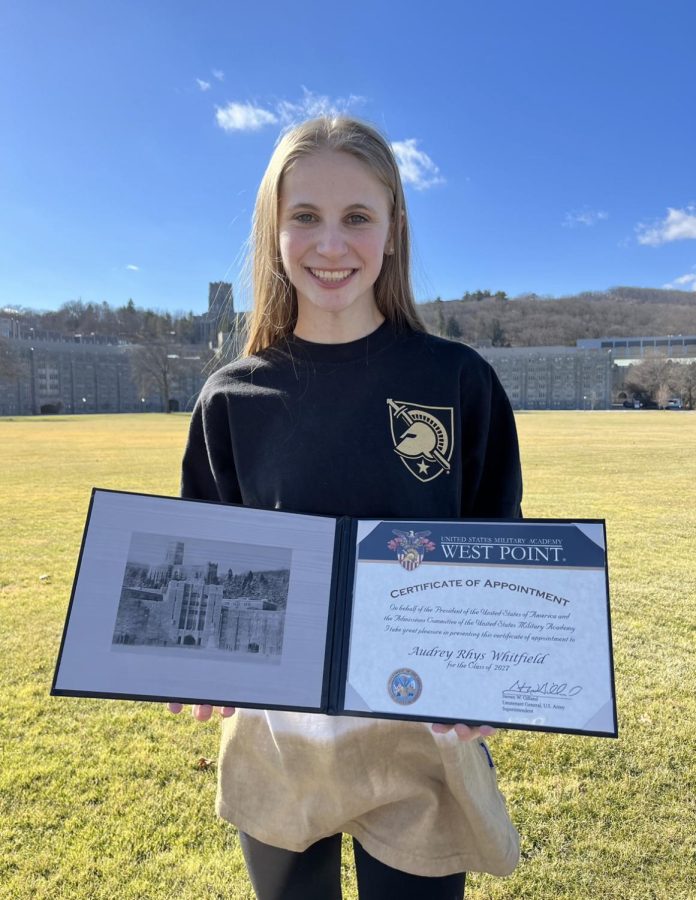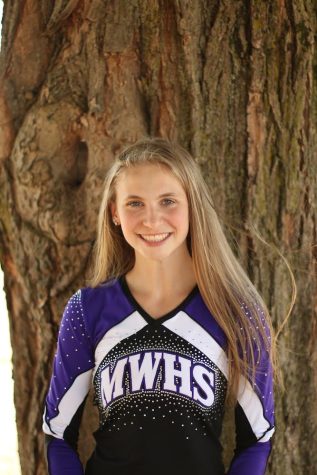Appointee to West Point Shares Application Experience
May 22, 2023
On June 26, just two days after my high school graduation, I will begin Cadet Basic Training at the United States Military Academy at West Point. The application to apply is very extensive and there are many complex steps that must be completed.
The application to apply to West Point opens on February 1 of your junior year. Each year more than 25,000 juniors start the application process. This number is eventually reduced to about 4,000 candidates deemed to have met all the qualifications. From this pool of candidates, approximately 1,000 candidates will be accepted. Of these 1,000 cadets, there is approximately a 10 percent attrition rate during the first six weeks of basic training. The academic year begins with about 900 plebes (first-year cadets).
The first step in the application process is filling out the Candidate Questionnaire. This questionnaire allows “Cadet Candidates” to fill out basic personal information and briefly write about extracurricular activities and awards. West Point uses this information to determine if an applicant is initially qualified to apply. Within 24 to 48 hours, West Point sends the applicant information on how to open their application portal. West Point uses the initial Candidate Questionnaire to select attendees to the Academy’s Summer Leadership Experience (SLE). SLE is a week-long summer program that takes place at West Point between your junior and senior years. The program immerses cadet candidates into what life is really like at West Point. Although being selected for, and attending, SLE does give candidates a “leg up” in the application process and allows them to see if West Point is a good fit for them, it is not a requirement for actual admission.
I remember getting an email that I was not selected for SLE. I was very discouraged because I figured if I wasn’t good enough to get into their summer program, I’d never get into the actual Academy. However, over the next several months I diligently completed my application and was appointed into the Class of 2027.
Unlike most schools, West Point requires that a successful candidate not only be academically qualified but also be athletically and medically qualified. Candidates must also receive a nomination from either their congressman, one of their two US senators, or in a limited number of cases, the vice president.
Athletic qualification requires the candidate to train for and then take the Candidate Fitness Assessment (CFA). The CFA is a series of physical tests involving six events. These events include: A one-arm basketball throw from a kneeling position, pull-ups, a shuttle run, sit-ups, push-ups, and a one-mile run. The push-up and sit-up events need to be filmed and uploaded to the candidate’s online application portal. All of the tests in the CFA are timed and need to be administered at the same time and in a specific order. Physical education teacher Mr. Tierney administered the test to me.
A candidate’s score for the CFA is compared to all the other thousands of applicant videos, and the applicant is determined to be qualified or not.
Medical qualification involves the completion of an almost 30-page medical questionnaire followed by a physical, ophthalmic, and dental exam administered by the Department of Defense Medical Exam Review Board (DoDMERB). The physical exam is intense and takes about 90 minutes to complete. Your results are then forwarded to the medical committee at West Point and once again they decide whether or not you make the cut.
The goal is to continue to see the radio buttons on your online portal turn from red to green, this means you are still in the mix. If something is yellow it means it is still under review (for example, once I submitted my CFA it turned yellow until the admissions board reviewed my videos).
While working through the application process, you also need to start working on getting those nominations. The nomination packets usually open around August 1 and close in December; however, these dates vary depending on the region of the applicant. I filled out the extensive screening packets for my Congressman, who at the time was Sean Partick Maloney, and for United States Senators Charles Schumer and Kirsten Gillibrand.
Eventually, I was selected for an in-person interview by Congressman Maloney’s office and a virtual interview with Senator Gillibrand’s office. I was very scared preparing for this. I had never done an interview like this and I did not know what to expect. For each office, a committee of people, some active duty, some in the reserves, some enlisted, some from every Academy, and a few civilians, interviewed me for about 20 minutes peppering me with questions. Sometimes they talked over each other, and I was answering more than one question at a time. It was very nerve-wracking.
Every congressman and senator is limited to having five cadets at the Academy at any one time. They are very coveted spots. I received nominations from both Congressman Maloney and Senator Gillibrand. I never heard from Senator Schumer’s office.
Several weeks after this process, Congressman Pat Ryan, who succeeded Congressman Maloney after the 2022 election, called me telling me that I had been accepted to West Point. It was very exciting speaking to him. I was in the middle of Mr. Lewis’s timed online AP Bio exam when he called, and for a minute I wasn’t sure if I should answer the phone!
In the weeks after completing all the application steps, all I could do was sit back and wait and continue filling out all the Common App requirements for plan B, C, and D just in case West Point did not work out. However, after speaking to Congressman Ryan, I received my BFE (Big Fat Envelope) appointment in the mail on January 27. About 2/3rds of the class receive their appointments in the week before and after this date.
Once I accepted my appointment, I received an extensive list of paperwork and other requirements that need to be completed by Reception Day. Some things include getting fingerprinted, having an FBI background check to receive the necessary top-secret clearance, and, if needed, having your wisdom teeth removed!
I report for Reception Day (R-day) at 6 a.m. on June 26, less than 60 hours after graduation. During the six weeks of Cadet Basic Training, affectionately known as Beast Barracks, I will learn what it means to be a member of the Long Gray Line. I will be pushed physically and mentally, all without having a cell phone or access to the internet! I will be allowed one 10-minute call home at the three week mark. They say “If you can make it to the half, you can make it to the end.”
Many people have congratulated me since my acceptance. Many of them commented to me about how it must be great “to go to school for free”. While it is true that I will have no out of pocket expenses, my economics teacher Mr. Johannemann has taught me “There is no such thing as a free lunch.”
Upon graduation and being commissioned as a Second Lieutenant, I will owe the Army at least five years of active duty and three years in the reserves. I will be expected to serve where I am needed and to always uphold the West Point Motto of “Duty, Honor, Country”. Today, I am a high school senior. In four years I will be an officer with the lives of young enlisted men and women in my care. I don’t know how this transformation will occur, but I will trust the system and hang on for dear life.

